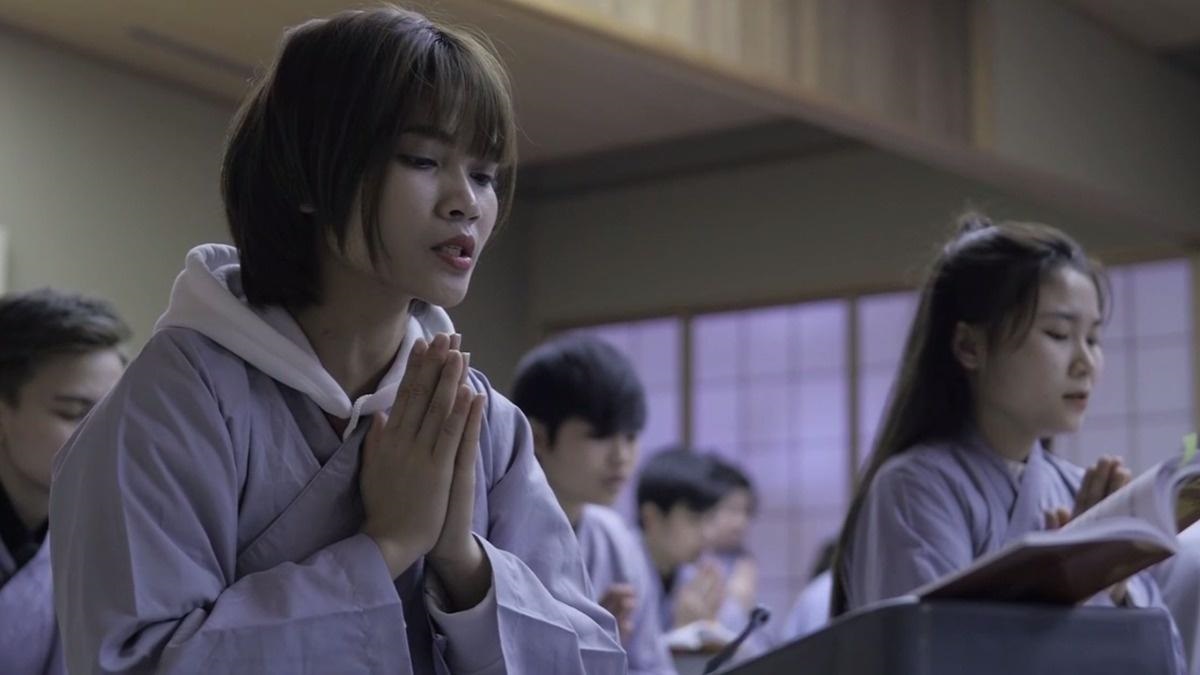TOKYO -- Rows of wooden mortuary tablets inscribed with names line an altar at a Buddhist temple in Tokyo, silent testimony to Vietnamese people who died after coming to Japan to work or study.
“Whenever I am contacted about a death, I can speak only two words: ‘Why?’ and ‘Again?’” said Thich Tam Tri, a Vietnamese Buddhist nun who has been counseling migrants from her home country after arriving almost two decades ago.
“These young people … were living in great poverty in remote rural areas and their parents were suffering hardship,” she told Reuters after offering incense and prayers at the altar.
“They wanted to work hard in Japan,” Tri said. “They had dreams. And then they suddenly died.”
Lured by higher wages but often burdened by debts to recruiters, Vietnamese are the fastest-growing group of foreigners in Japan, which on April 1 will implement a new system to allow more workers into the country to cope with a historic labor shortage.
Many of the 140 Vietnamese whose names are on the tablets came to Japan on a “technical trainee” program that acts as a back door to blue-collar jobs in a country where immigration is a touchy subject. Others came as students and worked part time.
Next to the adults’ memorials are rows of smaller tablets for unborn infants, many aborted.
Debate over the new visa program highlighted problems with the trainee system such as overwork, unpaid wages and harassment.
Tri said many of those for whom she prays died of stress-related illnesses, others in accidents. Some committed suicide.
“Their families back home also had hopes for them,” she said. “They were so proud and bragged about their sons and daughters to their neighbors in the countryside.”
“They had many hopes. Instead, what they got were their (children’s) remains, mortuary tablets and some photographs.”
Nguyen Thi Trang was a trainee working for an agricultural cooperative in northern Japan when she died in February of meningitis. She had a husband and two small children in Vietnam.
“I agreed for her to go because the income is a little higher than in Vietnam. If I knew that my decision would lead to this, I never would have dared to let her go to work like that,” her husband, Vu Ngoc Thuy, told Reuters at his home.
Thuy said his wife had not received medical care soon enough. Cooperative head Toshimi Matsubayashi told Reuters that Trang was taken to the hospital soon after she fell ill, and that the organization had paid her medical expenses.
All of the cooperative’s trainees are treated properly, she added.
The new visa program will let about 345,000 blue-collar workers enter Japan over five years in 14 sectors facing labor shortages.
If conditions are good under the new system, there will probably be more waves of Vietnamese workers searching for a better life, Tri said.
“There are trainees who worked hard for three years and went back to Vietnam and rebuilt their decrepit houses into fine concrete homes. There is that kind of good news,” Buddhist nun Tri said.
“Increasingly, it is becoming a borderless world, and what is important in human relations is to transcend religion, to transcend culture and put emphasis on love,” she said.



















































